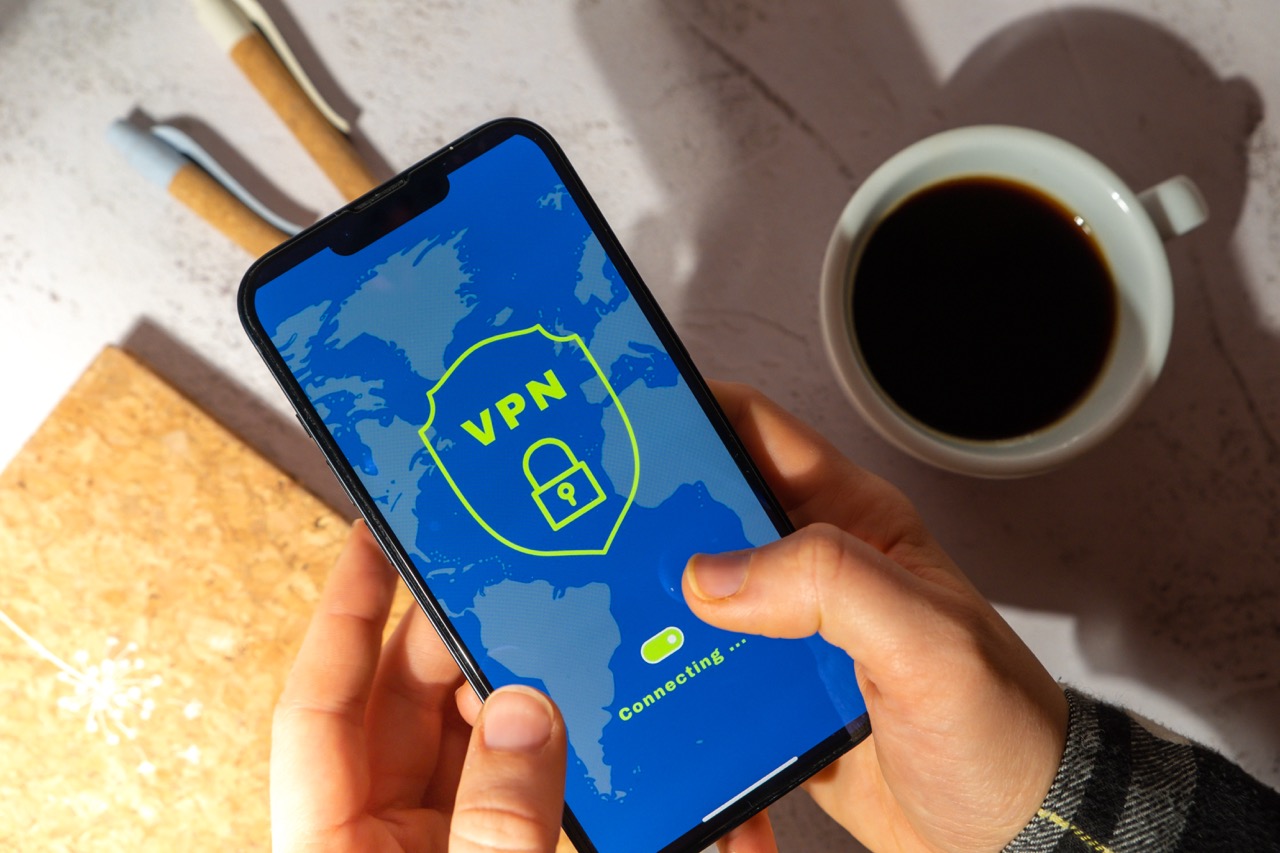Virtual Private Networks (VPNs) are a critical component in safeguarding digital privacy and enhancing security in an increasingly interconnected world. Central to the functionality of a VPN are its underlying protocols, which dictate how data is transmitted securely. Three of the most widely recognized VPN protocols are OpenVPN, WireGuard, and IKEv2. Each of these protocols offers distinct advantages and drawbacks, making understanding their differences crucial for users looking to select the right solution to meet their needs. This article will delve into these protocols, comparing their features, security standards, and performance metrics.
Understanding VPN Protocols: OpenVPN, WireGuard, and IKEv2
VPN protocols serve as the foundation for secure communication over the internet. They define how data is encrypted and transmitted, ensuring privacy and integrity. OpenVPN has been a longstanding favorite due to its open-source nature, providing transparency and flexibility for developers and users alike. Its widespread adoption has led to a robust ecosystem of support and configuration options, making it suitable for a variety of use cases.
WireGuard, on the other hand, has emerged as a modern alternative to traditional VPN protocols. Developed with simplicity and performance in mind, WireGuard employs state-of-the-art cryptographic techniques to deliver robust security with minimal overhead. This focus on efficiency allows it to achieve impressive speeds, which has sparked interest among both casual users and industry professionals. As a relatively new player in the field, it is still gaining traction but shows immense promise in the VPN landscape.
Lastly, IKEv2 (Internet Key Exchange version 2) is recognized for its stability and speed, particularly in mobile environments. Unlike OpenVPN and WireGuard, which operate over UDP, IKEv2 uses both UDP and TCP, offering a more flexible approach to connection management. This adaptability makes IKEv2 particularly useful for users who frequently switch between networks or devices, such as mobile users. Its robustness and ability to quickly re-establish connections after interruptions further enhance its appeal in the VPN market.
OpenVPN: An In-Depth Analysis of Its Features and Benefits
OpenVPN stands out due to its extensive configurability and support for a wide range of encryption standards. It utilizes SSL/TLS for key exchange, making it resistant to various attack vectors. The protocol can operate over both UDP and TCP, allowing users to choose the best transport mechanism for their needs. Additionally, OpenVPN supports a wide array of authentication methods, including username/password combinations and certificate-based authentication, enhancing its versatility.
One of OpenVPN’s most significant advantages is its open-source nature, allowing security experts and developers to scrutinize the code for vulnerabilities. This transparency fosters a high level of trust within the community, as continuous updates and improvements are made to the protocol. Furthermore, OpenVPN’s configuration options enable users to tailor their VPN experience to their specific requirements, whether they prioritize speed, security, or a balance of both.
However, the complexity of OpenVPN can be a double-edged sword. While experienced users can take full advantage of its features, new users may find the setup process daunting. Additionally, the overhead associated with its robust encryption and tunneling can lead to decreased performance compared to simpler protocols. Nevertheless, OpenVPN remains a top choice for users who value security and customization, making it a staple in the VPN ecosystem.
WireGuard: The New Contender in VPN Protocols Explained
WireGuard is designed to be minimalistic and highly efficient, integrating cutting-edge cryptographic protocols to deliver top-tier security. Its codebase is significantly smaller than that of OpenVPN, which not only enhances performance but also makes it easier to audit and verify for vulnerabilities. This streamlined approach allows for quicker connections and lower latency, making WireGuard particularly appealing for users who require fast and reliable VPN services.
Despite being relatively new, WireGuard has garnered attention for its ability to function effectively on various platforms, including mobile and embedded devices. Its feature set includes seamless roaming capabilities, which allow users to maintain a stable connection while switching between networks—an essential feature for those frequently on the move. This flexibility, combined with strong encryption standards, positions WireGuard as a modern alternative to older protocols that may struggle in mobile scenarios.
However, WireGuard’s development is ongoing, and while it offers impressive performance, some users may prefer the established history of more mature protocols like OpenVPN. There are also concerns regarding its reliance on a fixed set of keys, which may present challenges in terms of key management for larger organizations. Despite these considerations, WireGuard’s simplicity, speed, and robust security make it a compelling choice for many users looking for a contemporary VPN solution.
IKEv2: Stability and Speed in Modern VPN Solutions
IKEv2 is a protocol that stands out for its efficient handling of mobility and multi-homing, making it particularly suitable for mobile devices. It was developed by the Internet Engineering Task Force (IETF) as a successor to IKEv1, with significant enhancements in terms of speed and security. The protocol’s ability to quickly re-establish a VPN connection after network interruptions is a vital feature for mobile users who frequently switch between Wi-Fi and cellular networks.
The protocol utilizes the IPsec suite for encryption, which is well-regarded for its security. IKEv2 supports a wide variety of cryptographic algorithms, allowing organizations to tailor their security settings to meet specific compliance requirements. This adaptability makes IKEv2 a solid choice for businesses that prioritize not only performance but also stringent security measures in their VPN solutions.
Despite its advantages, IKEv2 may not be as universally supported as OpenVPN, especially on less common platforms. Some users may also encounter challenges when configuring IKEv2, as certain firewall settings may hinder its performance. Nonetheless, for those who prioritize speed, stability, and secure mobile connectivity, IKEv2 remains an excellent option in the ever-evolving landscape of VPN protocols.
Comparing Security: Encryption Standards Across Protocols
When evaluating the security of VPN protocols, it is essential to consider the underlying encryption standards they employ. OpenVPN supports a wide range of encryption algorithms, including AES (Advanced Encryption Standard) with 256-bit keys, which is considered highly secure. Its reliance on SSL/TLS for key exchange adds an additional layer of security, making it resilient against various attacks, such as man-in-the-middle attacks.
WireGuard, while newer to the scene, employs modern cryptographic algorithms like ChaCha20 for symmetric encryption and Poly1305 for message authentication. These choices not only enhance performance but also provide strong security assurances. WireGuard’s approach to key management simplifies the process, but some experts express caution regarding its fixed key structure and how it may impact long-term security in larger, dynamic environments.
IKEv2, utilizing the IPsec framework, also offers robust encryption options, including AES with 256-bit keys. Its support for perfect forward secrecy ensures that session keys are not compromised, even if a long-term key is compromised in the future. While each protocol offers strong security measures, the choice often boils down to specific use cases, organizational requirements, and the level of trust in the protocol’s design and community support.
Performance Metrics: Speed, Latency, and Connection Reliability
Performance is a critical consideration when selecting a VPN protocol, as it directly impacts user experience. OpenVPN, while feature-rich, can sometimes suffer from latency due to its complex configuration options and encryption overhead. However, when optimized correctly, users can achieve satisfactory speeds, particularly over UDP connections. The flexibility of OpenVPN allows for customization to prioritize either speed or security, depending on user needs.
WireGuard excels in speed and efficiency, largely due to its lightweight design and modern cryptographic techniques. Users report significantly faster connection times and reduced latency compared to OpenVPN and IKEv2. This efficiency makes WireGuard an attractive choice for users who engage in bandwidth-intensive activities, such as gaming or streaming. Its streamlined architecture contributes to faster data transmission, which is often a decisive factor for users seeking a responsive VPN experience.
In terms of connection reliability, IKEv2 holds a strong position, particularly in mobile scenarios. Its quick reconnection capabilities ensure that users maintain uninterrupted service even when switching networks. While both OpenVPN and WireGuard can also establish reliable connections, IKEv2’s design emphasizes stability, making it a preferable option for users who prioritize consistent performance, especially in environments with fluctuating connectivity. Ultimately, the choice of VPN protocol will depend on the user’s specific needs, with each option presenting unique advantages in speed, latency, and reliability.
In conclusion, choosing the right VPN protocol involves considering various factors, including security, performance, and usability. OpenVPN remains a time-tested choice for those who value configurability and strong security measures. WireGuard, with its modern architecture and impressive performance metrics, presents a compelling alternative, especially for users seeking a fast and efficient solution. Meanwhile, IKEv2 excels in mobile use cases, offering stability and quick reconnection capabilities. By understanding the strengths and weaknesses of each protocol, users can make informed decisions that best suit their individual requirements and enhance their online security and privacy.










